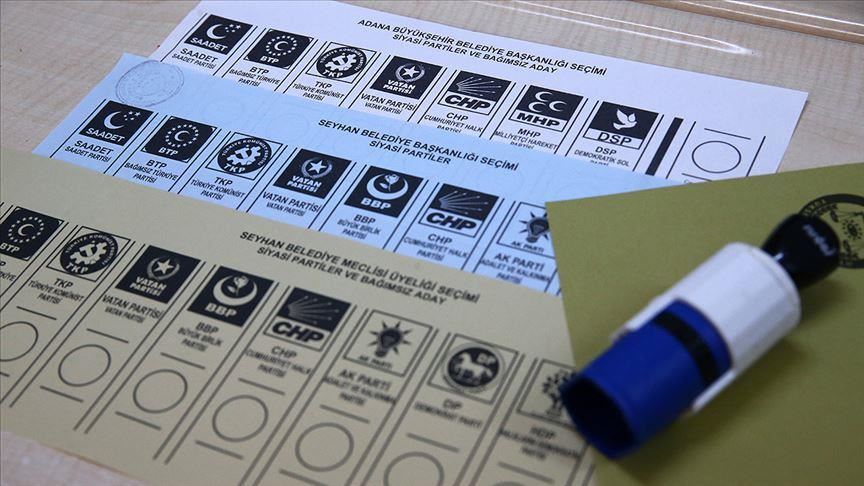Alwaght- The voting ended for local elections in all 81 provinces across Turkey at 5 p.m. local time (1400GMT) on Sunday in what is seen as a major test for the country's president Recep Tayyip Erdogan.
According to the Supreme Election Council (YSK) decision, voting started in 32 provinces at 7 a.m. local time (0400GMT) and ended at 4 p.m. (1300GMT).
In the remaining provinces, polling stations opened at 8 a.m. local time (0500GMT) and closed at 5.00 p.m. local time (1400GMT).
Some 57 million were eligible to vote in Sunday's local elections which are the first under the new presidential system, adopted in the April 2017 referendum. The previous local elections were held in 2014. A total of 12 political parties are competing in the local elections.
Erdogan and his Justice and Development Party (AKP) have won every election since the party first came to power in 2002. The head of the Turkish state celebrated a major win in April 2017, when the public voted in a referendum in favor of the adoption of a presidential system that expanded his powers.
The president is credited with remarkably boosting the country’s economy with his savvy to attract foreign investment and invigorate the tourism industry. But Turkey is also experiencing recession, and the inflation is in double digits, posing a risk to the AKP’s chances in the capital, Ankara, and the most populous city of Istanbul.
Recent polls, showed that Mansur Yavas, the candidate for the opposition Republican People’s Party CHP and the nationalist Good Party, might have a stronger chance of winning.
A loss by Erdogan and the AKP’s candidates for the metropolises would translate into a loss of political control.
While campaigning for his party, the Turkish president has stressed the importance of fighting secessionist Kurdish groups active on Syria’s border with Turkey, most notably the YPG.
On Saturday, Erdogan, who has been holding a dozen promotional rallies in Istanbul, addressed a crowd in the city, saying, “We will definitely solve [the] Syria issue on the field, if possible, and not on the table, as the first work after elections.”



























